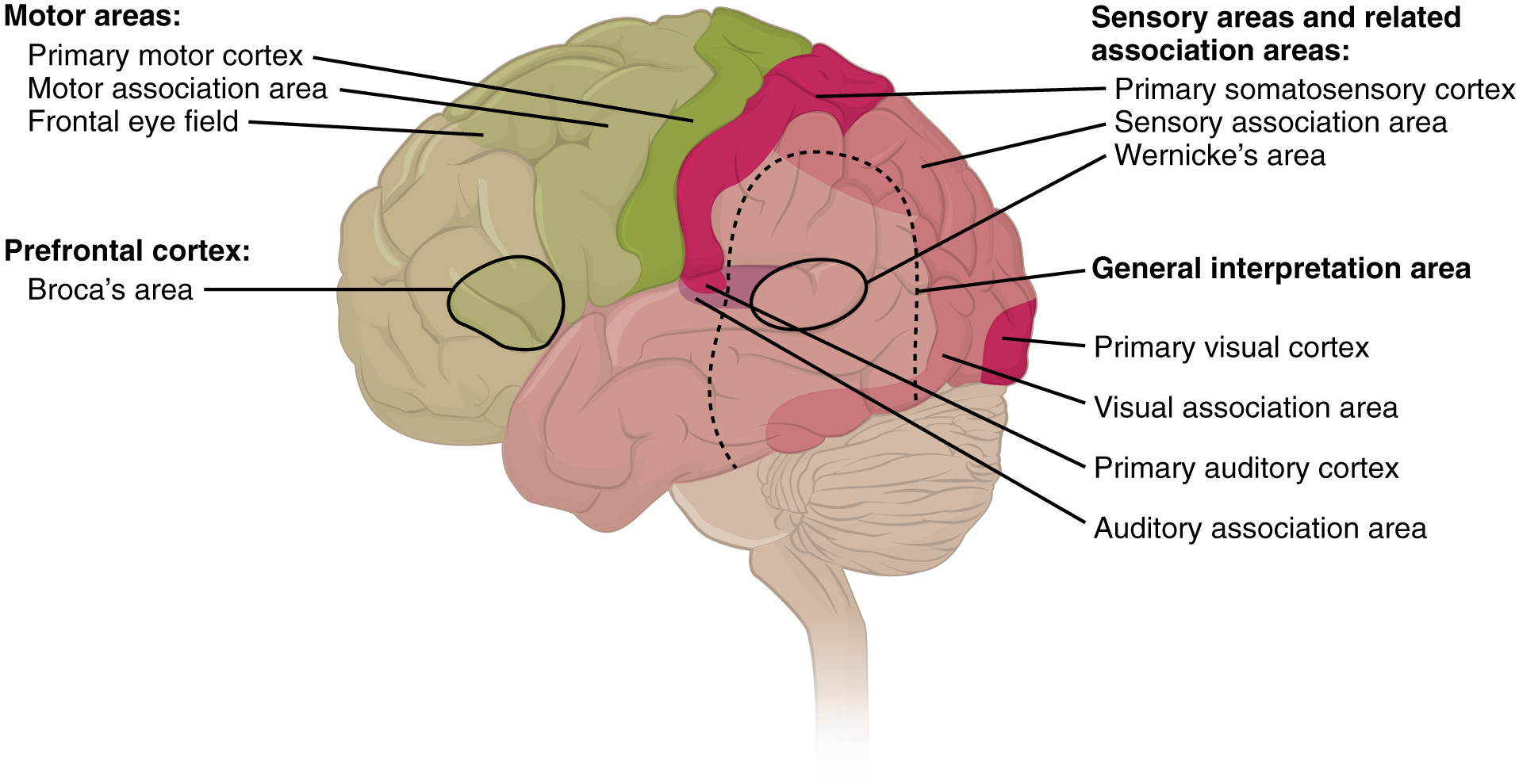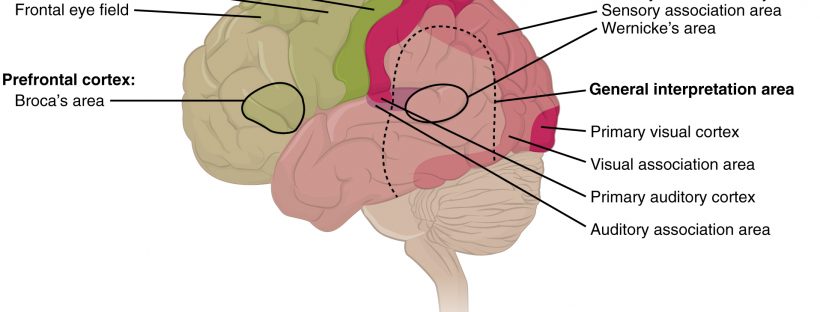Executive functioning literally rules our days. It is the part of our brain that allows us to remember directions, know what needs to be done before we can leave, and helps us stay safe by evaluating potential dangers. Many children can have a delay in developing this region of their brains. Even many adult can be effected by not being as skilled in executive functioning. As with most delays and shortcomings, it is best to become aware of the issue. Evaluate where or what parts of Executive Functioning are particularly difficult, and then come up with the game plan on how to be successful. Here is online test for adults I found, but you can imagine from it some of the same child sized questions.
Executive Functioning Impacts:
- Time Management: Constantly running late and losing track of time both fall under this category
- Regulation of Attention: Easily distracted or getting too involved in one thing and not being able to move on
- Impulse Control: Evaluating whether the environment or certain actions in the environment are safe
- Organization: keeping things where they belong, throwing out other things, and being ale to re-find certain items all take energy from the brain
- Working Memory: Also known as short-term memory that allows us to recall important information
- Emotional Control: Even being able to keep feelings in check falls into executive functioning
- Flexible thinking: Being able to roll with the changes that life throws at them
- Task initiation: Being able to redirect the brain into a new task
- Self-monitoring: knowing how to regulate behavior in order to accommodate their current social situation
Things that can help:
- Sticky notes, a calendar, or whatever is going to help them remember each of their tasks…but don’t overfill it with information, keep it simple and to the point
- Create environments where they can be successful. Do they need a quiet chair? A wiggly seat? It is best also to keep it consistent. Patterns will help give their brains clues about what needs to be occurring.
- If the child is impulsively speaking out of turn, have them write notes instead to share later. Redirect their needs to be satisfied more appropriately.
- Create an organization system. Yes this probably mean the parent is doing a lot of the work at first, but skill building can start small and then get bigger. Remember big tasks take a lot of practice.
- Patience is probably key when it comes to their memories. You will undoubtedly feel like you’ve said the same thing many times. Taking notes and putting visual enforcers for them can help.
- A dramatic kid can also take patience, but teaching them how to check-in with their own emotions can help them in the long term. Things like ‘mindful’ practices may also really help to strengthen their emotional balance.
- Flexible thinking can be hard for all of us, but life gives us lots of opportunity to practice this skill. Let them learn it, but try to set them up for success. A good nights sleep and a full belly can go a long way.
- Give them a specific starting point for their new task. Help ease them into it. They may need stepping stones because they can’t break down the task into it’s smaller steps on their own. For example, homework requires you grab a pencil, get the homework, find a seat, read directions, and then begin. Breaking the 1 step direction of ‘get homework’ into those 5 steps may really help the child out.
- Help your child become self-aware by talking to them about their actions in a neutral way. This can be done while they are in the process of doing it, at the end of the day, or probably best yet before different activities require something special of them.

By OpenStax College – Anatomy & Physiology, Connexions Web site. http://cnx.org/content/col11496/1.6/, Jun 19, 2013., CC BY 3.0, https://commons.wikimedia.org/w/index.php?curid=30148119
